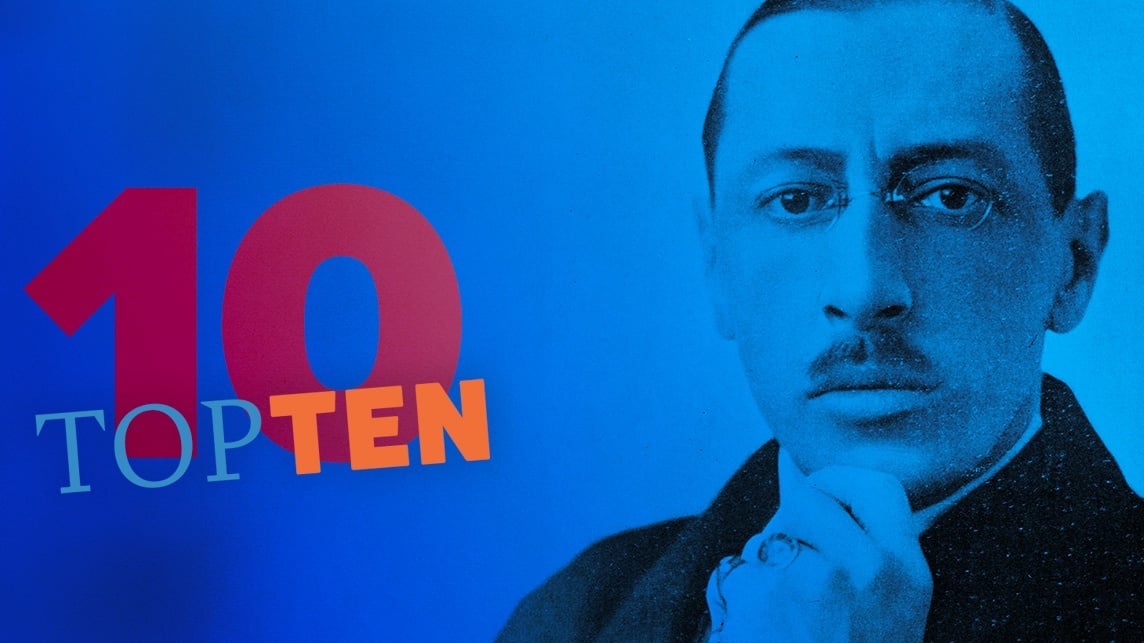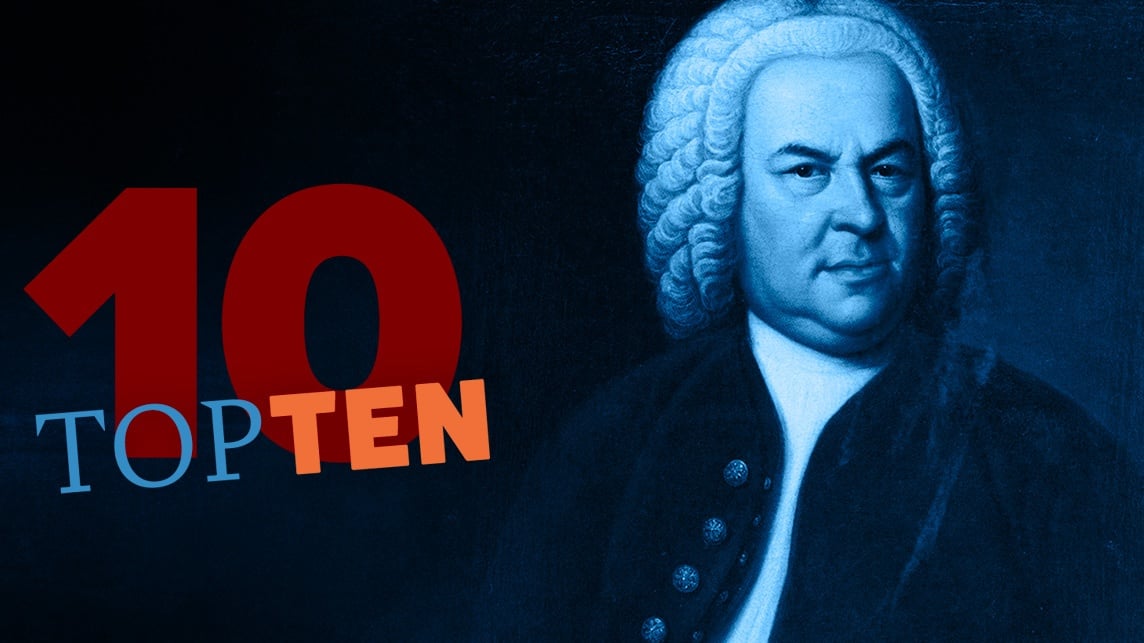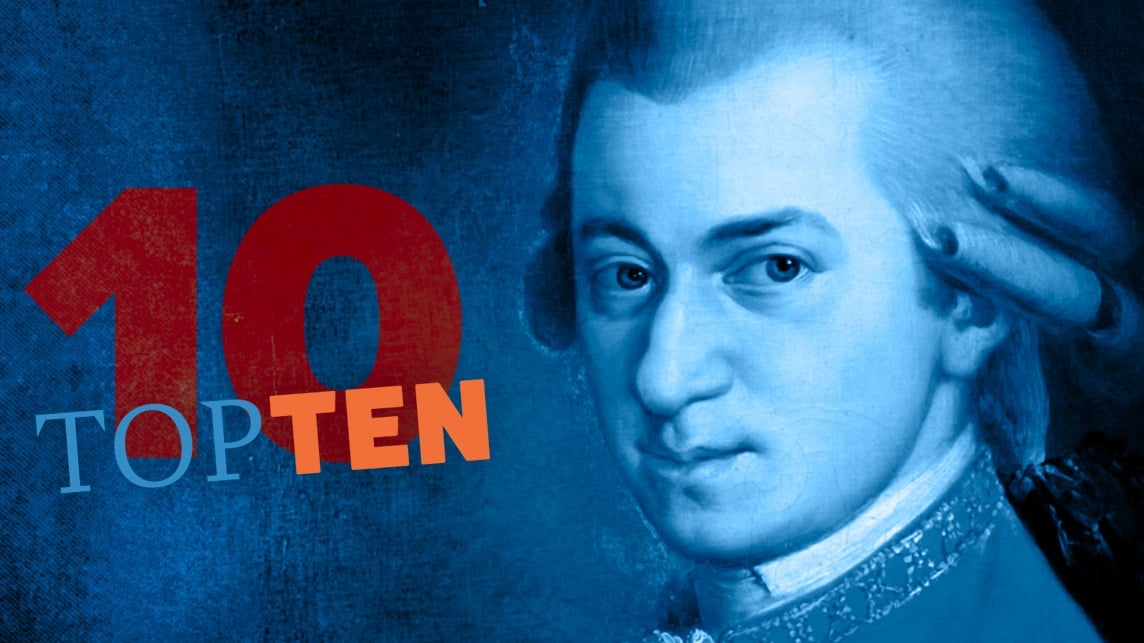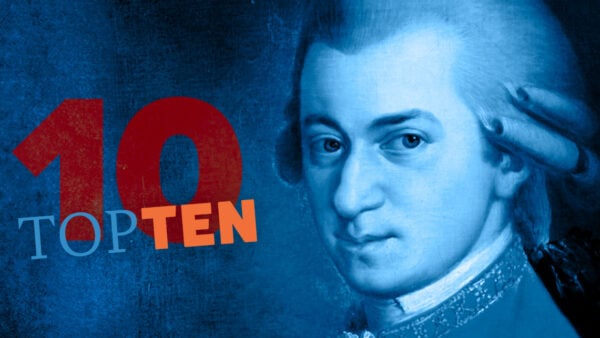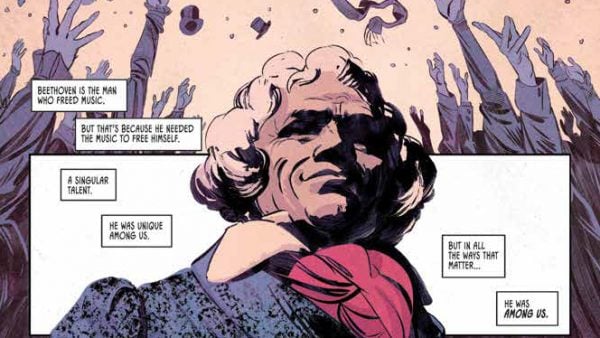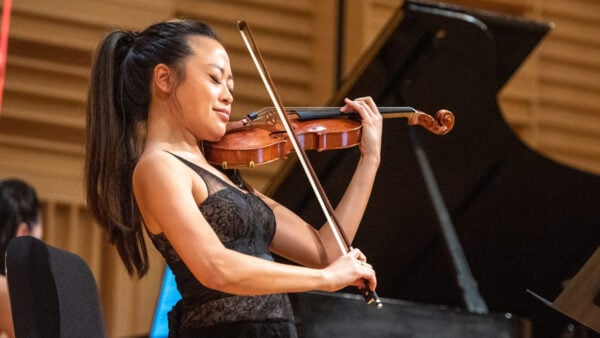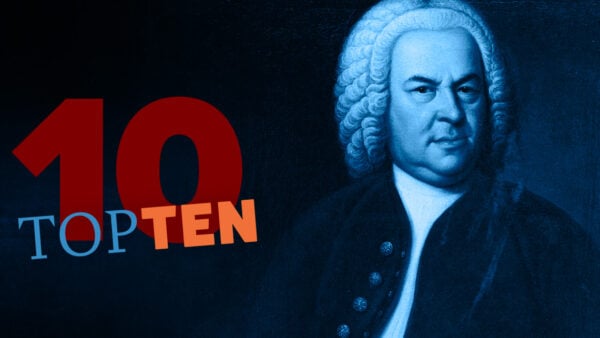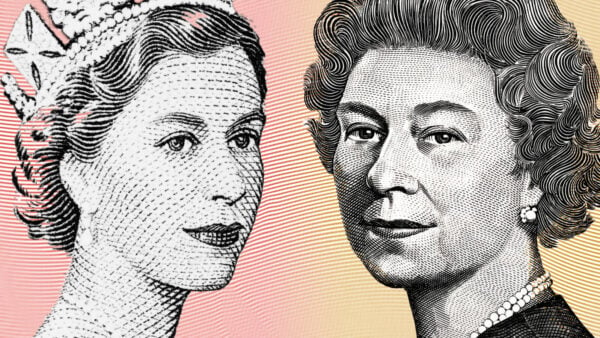 WFMT looks back on Ludwig van Beethoven's most important works. Here is our ranking of the eminent composers top 10 most important compositions.
WFMT looks back on Ludwig van Beethoven's most important works. Here is our ranking of the eminent composers top 10 most important compositions.
WFMT music director Oliver Camacho says: Fidelio is very important for the history of German opera, adding a political component to the well-worn Rescue Opera plot device while affirming the archetype of the Heroic German Woman. Leonora/Fidelio is one of the best characters in opera, and the homoerotic, gender-bending scenarios in which she finds herself is simultaneously very 'Baroque' while feeling of the current zeitgeist.
WFMT music director Oliver Camacho says: The Moonlight Sonata may be a cliché choice, but as a singer, the first movement feels like the best wordless Lied Beethoven never wrote. And the Presto agitato still thrills.
WFMT host and producer Robbie Ellis says::
The Pathétique sonata is I think Beethoven's best. It's the most cogent, all three movements have banger melodies, and the mood is "Listen up, world, I might join the 27 Club at any moment!" A solo piece can be personal in a way an orchestral piece can't.
ALSO RECEIVING VOTES:
Missa solemnis
Emperor Piano Concerto No. 5
String Quartet No. 15
Triple Concerto
Pastoral Symphony No. 6

